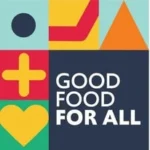08/06/2020 – 07:42
The Webinar ‘Good Food For All – A Conversation with Youth Leaders’ took place on 11 August – the eve of International Youth Day – and was hosted by the SDG2 Advocacy Hub. It featured a discussion between youth leaders and food systems experts on the role and vision of youth in transforming food systems and ensuring Good Food For All, building up to the 2021 UN Food Systems Summit.
This conversation between food systems experts and youth leaders is intended to raise awareness about the important role of young people in the transformation of our food systems, to advocate for the meaningful participation of youth building towards the 2021 UNFSS and to highlight voices of youth leaders in the areas of nutrition, agriculture, climate and gender.
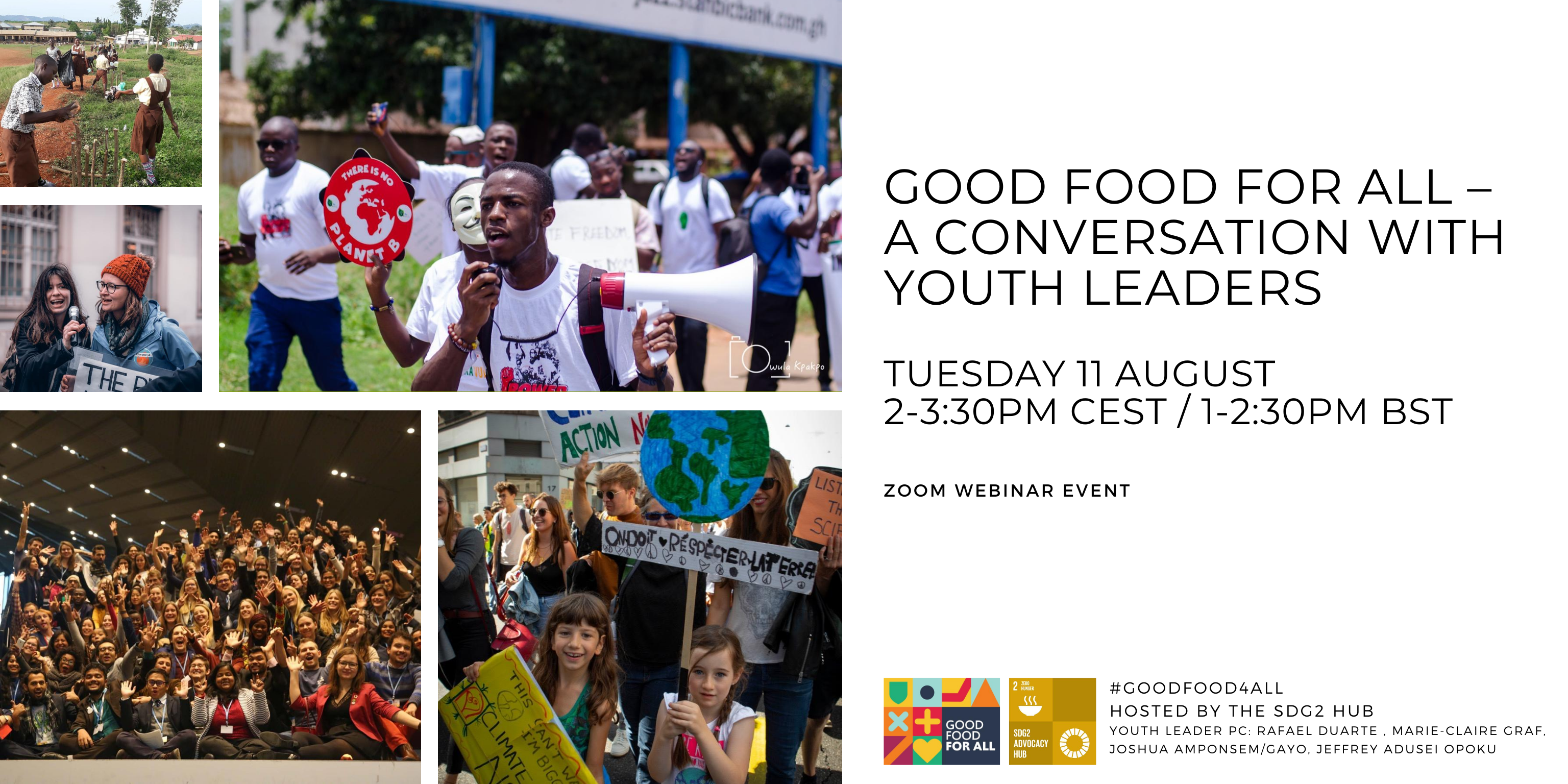
Background
In 2021, UNSG António Guterres will convene the UN Food Systems Summit to raise awareness and land global commitments and actions that transform food systems to resolve not only hunger, but to reduce diet-related disease and heal the planet.
Food systems encompass all people, actors and their interconnected activities in feeding a population, including growing, harvesting, packing, processing, distributing, selling, storing, marketing, consuming, and disposing of food.
Our world is home to 1.8 bln young people, the largest generation of young people in history. Close to 90% of this youth population live in developing countries and their numbers are expected to grow, especially in the least developed regions. This makes clear that sustainable development cannot be achieved unless we involve young people.
Youth Leaders
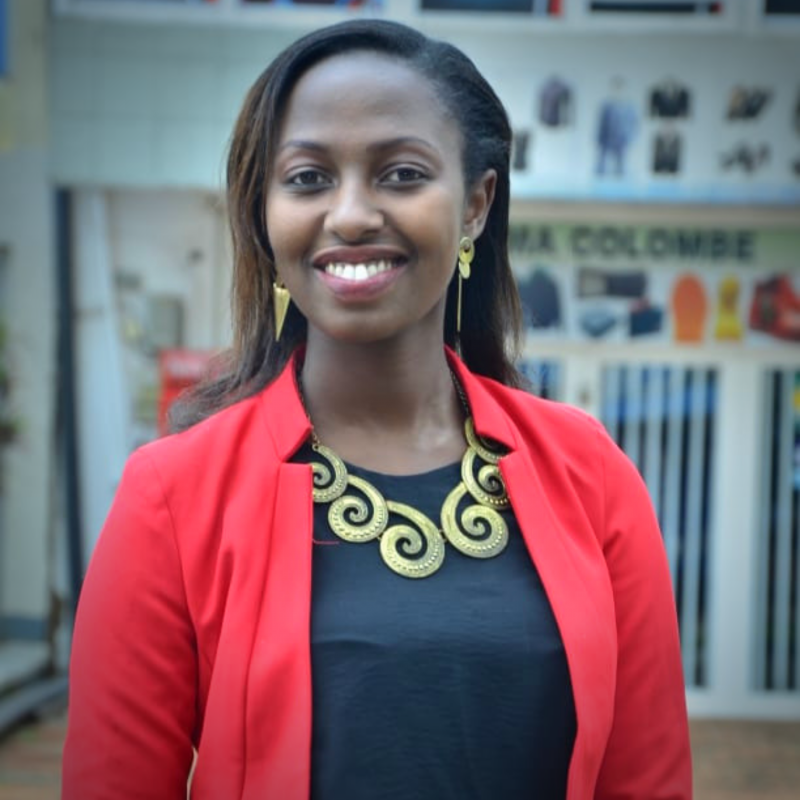
Florence Sibomana
Rwanda

Lana Weidgenant
US/Brazil

Brian Bosire
Kenya
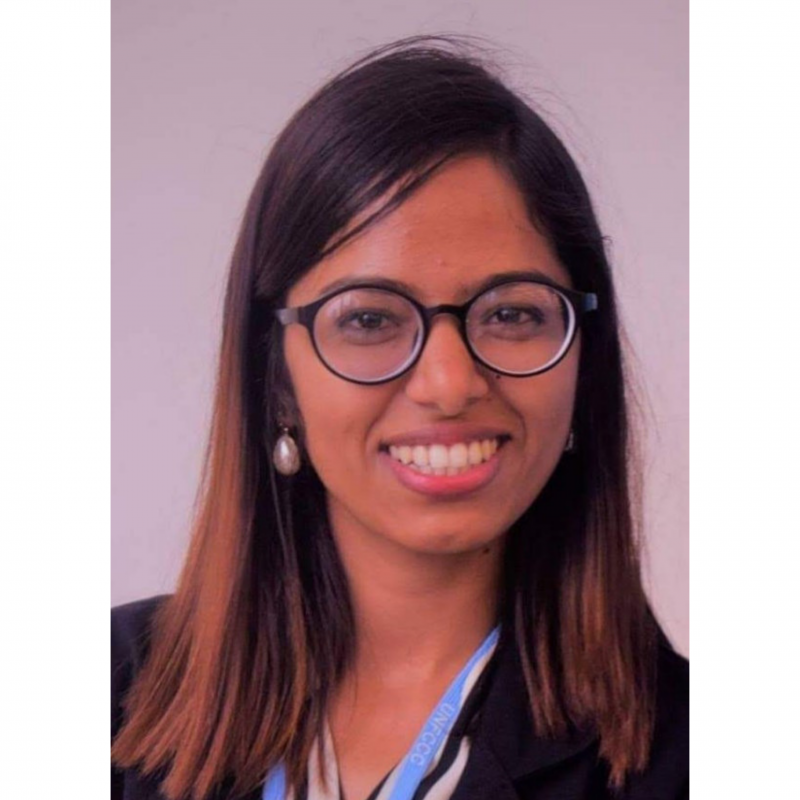
Pramisha Thapaliya
Nepal
Food System Experts
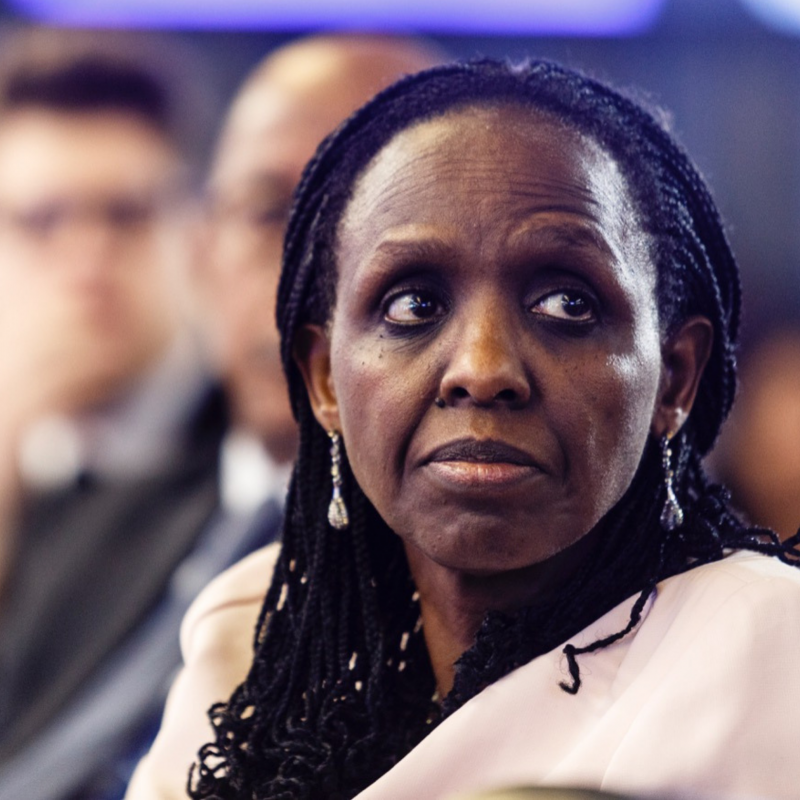
Dr Agnes Kalibata
2021 UNFSS Special Envoy
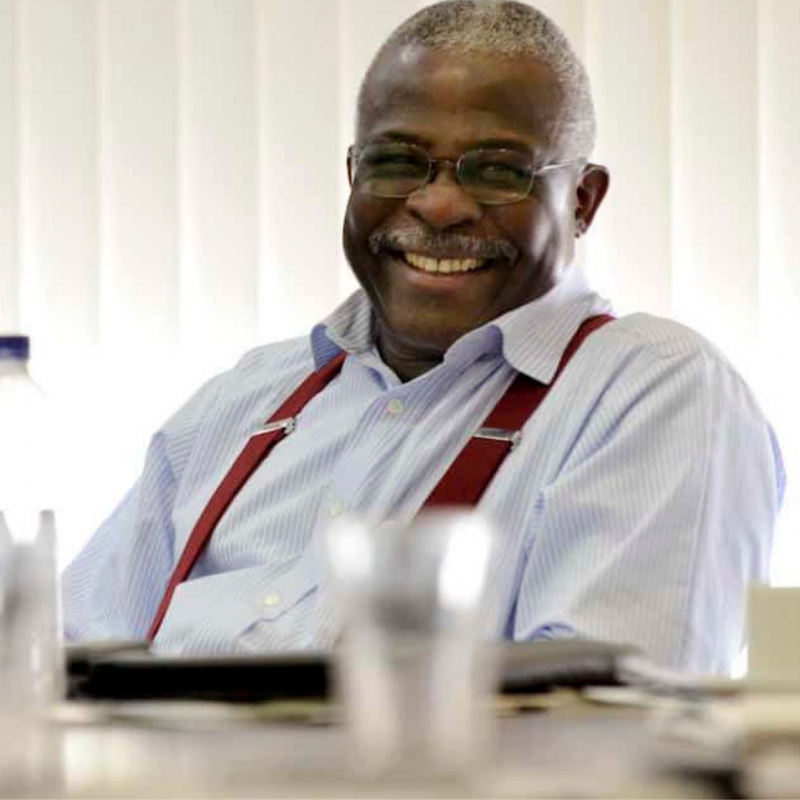
Dr Kanayo F. Nwanze
CGIAR Special Representative to UNFSS
Ways of Youth Engagement in the UNFSS
Dr. Kalibata outlined that youth will have the opportunity to engage in the UN Food Systems Summit in four ways:
- Each of the five action tracks of the summit will include a youth network and one of the vice chairs of the tracks will be a young person.
- A Food Systems Dialogue will happen at country level, recognising that food systems are local to each country. Dr. Kalibata would like to see young people participate in this dialogue in each country.
- The UNFSS has a Championship Network and wants to ensure that youth are part of this network. The goal is to build a youth movement within this network.
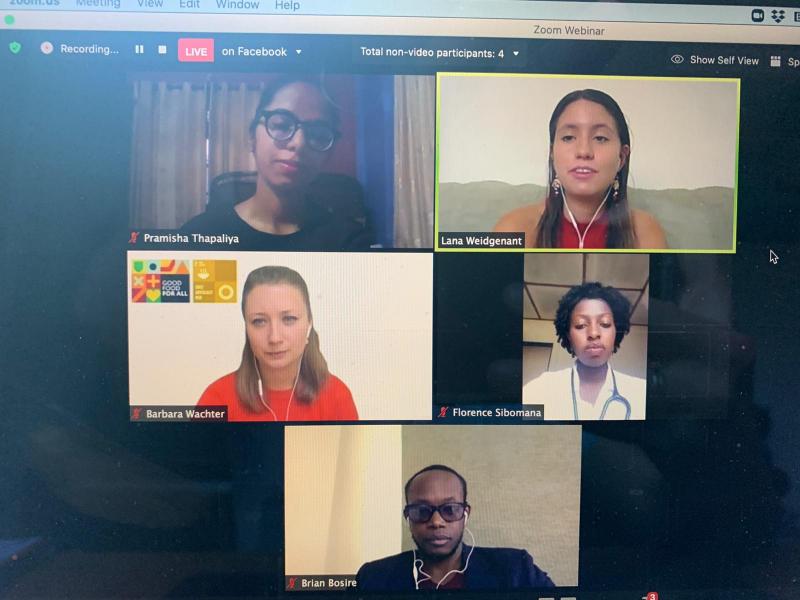
Lana
- Especially in light of COVID-19 and the infectious diseases which arise from industrialised animal farming conditions, incentivising governments to end government support and subsidies for factory farms and industrial animal agriculture, including industrial fish farming, which are harmful to the environment, to their workers, and to nearby communities.
- Supporting communities by ensuring healthy, climate-friendly food such as fruits, vegetables, nuts, and grains are accessible to all, and supporting farmers to transition from chemical, industrial agriculture to sustainable, organic farming that heals the soil and sequesters carbon.
- Promoting healthy and climate-friendly consumption, encouraging each country to reimagine their dietary recommendations to consider sustainability in food, which means to promote reductions in food waste, and acknowledge that plant-based diets are positive for individual health and for the planet. The 2021 UN Food Systems Summit could lead by showcasing a basic outline of dietary recommendations for individual and planetary health for countries to follow and customize to their region.
Brian
- Utilisation of Data as the gateway to increase food production, access to good food among the vulnerable and improve our consumption choices in line with sustainability.
- Recognising and supporting the role of smallholder agriculture and community based food systems as the essence of good food for all especially in developing countries.
Florence
- Public and community mobilisation on considering what we eat and their effects on our body systems.
- Engagement of young people in agri-business.
- Strengthening the capacity and knowledge of smallholder farmers on improved techniques of healthy crops production.
Pramisha
-
Ownership of food systems from corporations to farmers and especially bringing smallholder farmers as a main driver of food systems in developing and least developed countries as well as large scale farmers where it is applied (Transforming our current “Money oriented food systems” to “People and planet oriented food systems”).
-
Prioritising local and diversified food systems.
-
Promoting climate-friendly production practices and focusing on building local technologies keeping in view of the traditional and indigenous knowledge (E.g. Discouraging excessive use of chemicals in soil, shortening transportation route, healthy packaging, less processing, reducing food waste, passing regulations and laws to ban supermarkets from throwing away or destroying unsold food Instead, force them to donate surplus food to charities and food banks. Simultaneously supporting structures to safe food and make it accessible by the ones who need it the most).
-
The Open Dialogue System, an internet based platform, gives anyone the opportunity to feed in ideas and give feedback online, without having to be part of a network.
